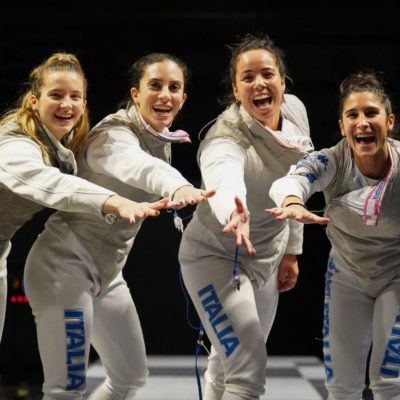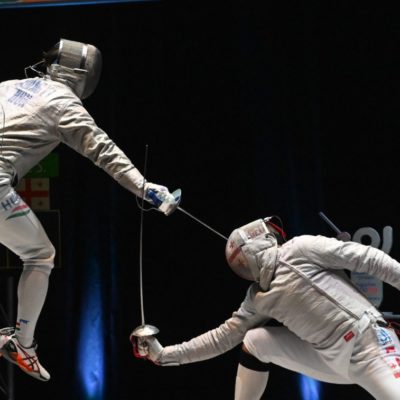Rutgers donors threaten to pull pledges over cut sports
(U-WIRE) NEW BRUNSWICK, N.J. – Even after supporters announced the millions in donations and pledges raised to restore the six cut sports at the Board of Governors meeting April 6, Rutgers University stood firm on its decision to phase them out.
One of the donors, Bruce Nicholas – a longtime financial contributor to the university, most known for donating the Nicholas Music Center on Douglass campus – pledged $1 million on top of the $1 million already donated.
“I intend to do even more,” he wrote in a letter addressed to McCormick and BOG Chair Al Gamper. “If crew is not reinstated as a varsity sport, [the Nicholas family] can regrettably no longer support this university in light of this indefensible decision.”
But even the past – and future – financial contributions of Nicholas could not sway the decision to cut the sports.
“I know and respect Bruce Nicholas, and I admire him, and he would perhaps not give to Rutgers anymore, but that’s his choice; it’s his money,” University President Richard L. McCormick said in a press conference after the meeting. “We can’t be making fundamental decisions about the university or about its priorities based on the checkbooks of individual local alumni. We have to do what’s right.”
But what may seem right to McCormick does not seem right to supporters of the sports.
“It is my opinion and that of many others that Mr. Gamper, in his haste to try to act fiscally responsibly, will actually cost the university much more by alienating a prosperous alumni base that will send their donations to other institutions,” said Chuck Crawford, a Rutgers College class of ‘73 alumnus and chair of Friends of Rutgers Crew.
“This, with additional funds in the endowment and pledged to crew, would place the crew endowment at over $4 million,” Crawford said. “This would surely be enough to ensure that the crew could function at a varsity level without requiring funds from the athletic department within a few years as the pledges come in.”
University officials did not feel the same way.
“It’s wonderful that they’ve raised pledges, but pledges are not cash in the bank,” Gamper said.
“You can’t mount a program based on pledges,” McCormick added. “Even if those pledges turn into cash, because then you’re in a position of recruiting athletes, hiring coaches, scheduling matches or meets on the basis of anticipating the passing of the hat each year. ‘Let’s hope we raise the same amount next year that we raised this year.’”
For a sport such as the ones being phased out by the end of this semester, which typically cost several hundred thousand to run, it would take roughly $5 million to keep the program running stably, McCormick said, and even if one sport is restored, under Title IX another sport must also be restored.
“Because of Title IX, if you come up with the $5 million to endow one men’s sport, let’s say men’s tennis, you need to come up with at least one additional women’s sport, so you’re talking about two $5 million endowments,” McCormick said.
“Let’s say Mr. Nicholas’ letter is accurate,” he said. “We’ve raised $2 million for crew. That’s not even enough to endow the heavyweight crew team. That’s not even enough to endow the lightweight crew team.”
Gamper added: “In a couple of years, you’re going to burn through that $2 million, and we’re right back where we started. We’re here.”
Supporters of the cut sports questioned the math behind McCormick’s explanation.
“How expensive is it to run a women’s fencing team of about a dozen athletes?” asked Crawford. “McCormick and Gamper have taken a much too broad approach in doing their cost-benefit analysis.”
When asked if there was even a slight window in their minds to reconsider this decision, McCormick answered bluntly.
“Honestly, no,” he said. “Rutgers cannot mount 30 collegiate sports. Hardly any universities do, and the handful that do … have vastly larger budgets.”
Instead, the money that would be used to fund those six varsity sports could be distributed among the remaining 24.
Gamper was sympathetic to the team supporters, but said this was still the right decision.
“I feel bad for the people that are so committed to this – there’s no question about it,” he said. “It is a strategic decision to say we are going to have a smaller number of sports, and we’re going to put better quality into their programs in terms of the people that lead them, the facilities they play in, into the way they travel … It’s a very rational decision.”
This article was written by Michael Huang of The Daily Targum.





